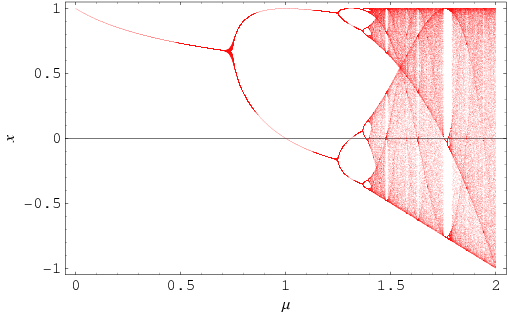R
reggieM
Guest
I do not see where Ken Miller really addresses the problem that I posed. The “Deist God” doesn’t need to exist. All of the processes in the universe can be explained by accidental events. The Deist God is just “there” really doing nothing and affecting nothing. That’s the extreme view. I don’t think Ken Miller takes that view – but his is a moderate Deism. In other words, I have not see anywhere that Ken Miller says that the universe requires God, or that he has any evidence that God is active in the universe today. All things in nature and the universe are explained, in Ken Miller’s view, through natural processes alone.…No. Ken Miller does not subscribe to “deistic evolution”. In fact, he spends at least an entire chapter of his book discussing the collapse of Deism, and agreeing with those whose faith requires the belief in a God who is active in the universe today…
I don’t understand it either, but in fairness to Mr. Miller – it’s a difficult issue. I can’t see where he’s correct in thinking that kind of event is “uncaused” – or as Fr. Coyne would say, “something that God didn’t know about”. But he should have explained it as divine providence which governs and guides all things. The big problem, as we know, is human free-will. God does not cause us to sin, and does not plan us to sin. But sin is still part of God’s providence in mysterious, paradoxical way.One of his examples, in particular, still stands out in my mind: when two kids flip a coin for a piece of pizza, he claims that the coin flip is a truly chance event, but also that God (although He knows what the outcome will be) doesn’t actually determine the outcome of this chance event… and I have no idea what this means.
I can understand the confusion about chance.But those were about the only difficulties I ran into, and that said, I do think he manages to scrape by with enough to support his argument… just not much more
What I can’t understand is how a Catholic could entirely deny the principles of Intelligent Design theory but still maintain that “God acts in the universe”.
I think we are required to believe that God acts in the universe and in nature – in ways that we can observe.

